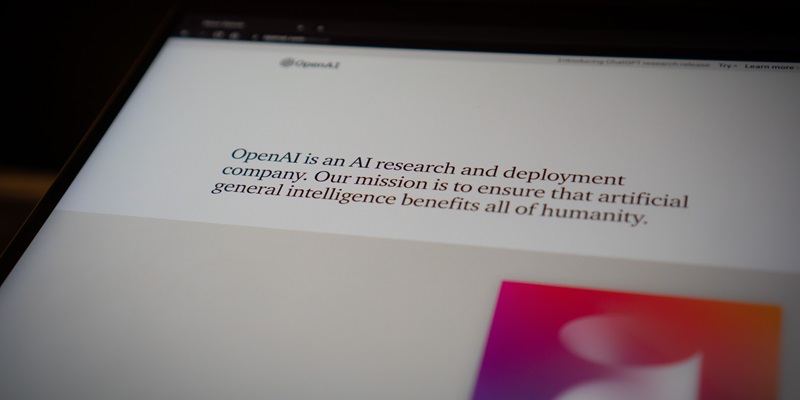The sudden removal of billionaire and AI evangelist Sam Altman from his CEO role at OpenAI has caused significant disruption within the tech community. The board’s decision to oust Altman came after a thorough review process, citing problems with consistent communication and impediments in fulfilling their responsibilities. This article examines the underlying reasons behind Altman’s departure, analyzing potential conflicts, financial concerns, security issues, and the board’s focus on OpenAI’s mission and the necessity for new leadership.
Reasons for Altman’s Departure
The board’s statement straightforwardly mentioned that Altman was not consistently candid in his communications, creating hurdles for them to carry out their responsibilities effectively. This lack of transparency raises questions about Altman’s intentions and his trustworthiness in managing OpenAI.
Speculations on Altman’s Honesty and Potential Secret Collaborations
The ambiguity of Altman’s lack of consistent candor has led to speculation that he may have been involved in undisclosed collaborations. These collaborations could potentially involve working with or against OpenAI’s primary patron. If these secret dealings were proven to be true, they could have triggered the board’s fiduciary duties and influenced their decision-making process.
Speculations on Conflicts and Financial Concerns
OpenAI, currently the hottest tech company globally, is known for offering its services at remarkably affordable prices. However, this approach leads to significant financial strain, with the company burning through money rapidly. It is plausible that Altman and the board may have held divergent views on when to alter this growth hack strategy, resulting in irreconcilable differences and potentially influencing the board’s decision.
Undisclosed Financial Losses
Another possibility is that OpenAI’s financial losses were greater than Altman previously disclosed or projected. If the company’s financial situation were more dire than indicated, the board might have lost faith in Altman’s ability to effectively manage these challenges.
Security Concerns and Board Distrust
If Altman downplayed significant security issues or underestimated their severity, this could have eroded trust between him and the board. Given the potential consequences of overlooking security problems, such actions would undoubtedly raise concerns about Altman’s judgment and decision-making abilities.
Impact on Board’s Trust in Altman
The board’s decision to remove Altman might indicate a lack of confidence in his overall leadership and management style. If the board felt that Altman’s actions or choices consistently undermined their trust, it would have undoubtedly influenced their assessment of his ability to steer OpenAI towards its mission.
OpenAI’s Commitment to Advancing Artificial General Intelligence for Humanity
The board’s statement emphasized OpenAI’s mission to ensure that artificial general intelligence benefits all of humanity. Altman’s departure signals the need for reinvigorated leadership that aligns more closely with the company’s core purpose and strategic direction.
Statement on the Necessity of New Leadership
Significantly, the board’s statement explicitly highlighted the necessity of new leadership for OpenAI. This suggests that they believe fresh perspectives and ideas are required to navigate the company’s future challenges and propel it towards its mission.
Considerations Regarding Copyright Liability
Although speculation suggests that copyright liability could have played a role in Altman’s departure, it seems improbable as the sole reason. If copyright issues had been the primary concern, the board would unlikely promote the Chief Technology Officer (CTO) to the CEO role. If copyright liability was the main driver behind Altman’s removal, promoting the CTO to the CEO position would only magnify the potential risks and responsibilities, making it an improbable course of action for the board.
The sudden removal of Sam Altman from his CEO role at OpenAI has sparked speculation within the tech community about the underlying reasons behind the board’s decision. While specific details remain vague, concerns about Altman’s inconsistent communication, potential undisclosed collaborations, financial challenges, security issues, and deviation from OpenAI’s mission likely all contributed to the board’s determination that new, more aligned leadership was necessary. As OpenAI moves forward, the tech world eagerly awaits the appointment of a new CEO who will guide the company towards its mission of advancing artificial general intelligence for the benefit of all humanity.

